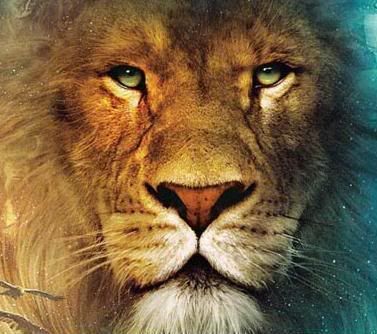In addition to the inherent difficulties of filming a musical, any cinematic version of Les Misérables is unenviably tasked with meeting the lofty and unavoidable expectations of those familiar with the beloved Broadway show (that's me).
Cramped by the awkward limitations of a single camera, this version of Les Misérables limped through the first act. Even with grandiose sets, several songs and scenes felt restricted by the size of the screen, as opposed to the more open space of the stage. The musical also encountered the usual issue of showing both the scope and intimacy of duets and ensemble pieces.
Once the showcase solos arrived, Les Misérables took off, beginning when Anne Hathaway killed I Dreamed a Dream (in a good way) in a brilliant single take that may win her an Oscar. Similar lengthy shots greatly enhanced several songs, also adding a Broadway feel to other highlights like On My Own and Empty Chairs. The much-publicized method of having the actors sing live on set worked perfectly, allowing emotional nuances to be added in the moment, rather than limit them to the vocal inflections recorded months earlier.
Amidst an all-star cast, new faces Eddie Redmayne and Samantha Barks stood out as Marius and Eponine, with their stage pedigrees beaming through. Helena Bonham Carter and Sacha Baron Cohen were perfectly cast as the crass and crude Thenardiers, whose presence felt as slightly out-of-place as it did in the show.
As Jean Valjean, Hugh Jackman didn't always have the ideal voice for the part. But his presence was always right, and he nailed several key moments, including his final scene. Another big star was needed to play opposite Jackman, but Russell Crowe was not the best choice for Javert. He can sing decently, and interpreting the justice-obsessed lawman with more of an earthy voice is reasonable. But Javert has already been defined by a classic baritone with two show-stopping solos. Crowe simply doesn't have the pipes to fill that role. Even those unfamiliar with the music, will instantly recognize his shortcomings relative to his cast mates.
With all the powerful music and numerous characters, the film misses the pacing of the stage, which benefits from the built-in pauses and interludes that come from scene transitions and set changes, giving the songs and story room to breathe. The film somehow rushed through its 2:40 running time, though it didn't need to be longer. This was probably more of an issue for those trying to absorb the story and/or music for the first time.
Bringing Les Misérables to the big screen was a crazy ambitious project, and the film was never going to meet theatrical expectations. But thanks to the potent music, this film is a commendable effort that isn't perfect but soars to splendid heights and should satisfy fans. 8 of 10.
P.S. I'm not going to quibble with how the movie skips verses or adds lines or changes words (even a few favorites). Tweaks are necessary for translation to film, and most of them are effective, or at least understandable.

